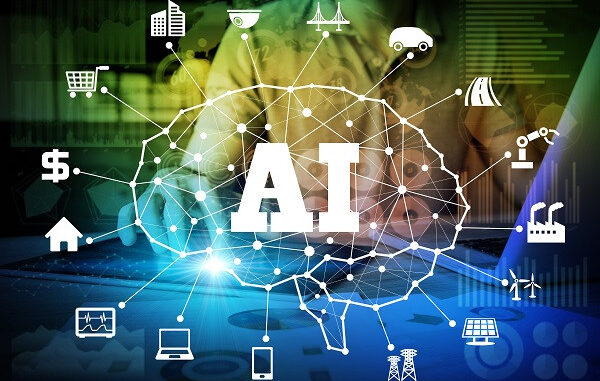
AI has made significant advancements in recent years, demonstrating a range of capabilities as well as limitations. Here’s an overview:
### Capabilities: 1. **Data Analysis**: AI can process and analyze vast amounts of data quickly and accurately, identifying patterns and insights that humans might miss.









2. **Natural Language Processing (NLP)**: AI can understand, interpret, and generate human language, allowing for applications like chatbots, virtual assistants, language translation, and sentiment analysis.
3. **Image and Video Recognition**: AI excels at recognizing and classifying images and videos, which is used in facial recognition, autonomous vehicles, and medical imaging.
4. **Automation**: AI can automate repetitive tasks across various fields, increasing efficiency and allowing humans to focus on more complex work.
5. **Predictive Analytics**: AI can make predictions based on historical data, useful in fields such as finance, healthcare, and marketing.
6. **Personalization**: AI enables personalized experiences in services such as recommendations in e-commerce, content streaming, and social media.
7. **Robotics**: AI powers robotic systems that can perform complex tasks in manufacturing, logistics, and even surgery.
### Limitations:
1. **Understanding Context**: While NLP has advanced, AI still struggles with understanding nuanced human language, idioms, sarcasm, or contextual meanings.
2. **Common Sense Reasoning**: AI lacks true common sense understanding and often fails in scenarios that require basic knowledge about the world.
3. **Creativity**: AI can generate content based on existing data but lacks genuine creativity, originality, and emotional depth in artistic expression.
4. **Bias and Fairness**: AI systems can reflect the biases present in their training data, leading to discriminatory outcomes and unfair treatment.
5. **Dependence on Data**: AI performance is heavily dependent on the quality and quantity of data available for training, which can limit effectiveness in scenarios with little data.
6. **Adversarial Vulnerability**: AI systems can be fooled by carefully crafted inputs (adversarial examples), potentially leading to failures in critical applications.
7. **Lack of Emotional Intelligence**: AI lacks the ability to genuinely understand or respond to human emotions, which can limit its effectiveness in roles requiring empathy or intuition.
8. **Ethical Concerns**: The use of AI raises ethical questions regarding privacy, job displacement, accountability, and the potential for misuse in surveillance or military applications.
While AI continues to evolve and improve, understanding these capabilities and limitations is essential for responsible development and deployment in various domains.

Leave a Reply